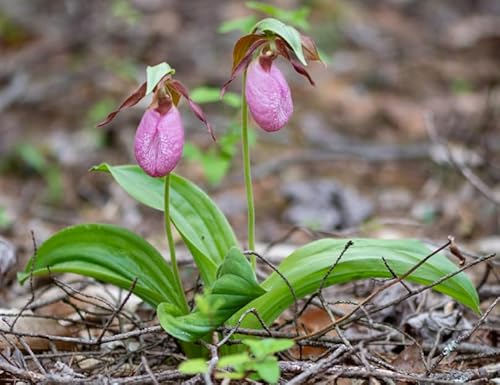Oh, I wasn't offended, just disappointed by your blatant misapprehension of what I've actually claimed. Perhaps you mistake me for someone arguing for K-Lite? And yes, 'glib' is a far more accurate description than 'succinct', as the latter implies a certain useful density of content that I didn't perceive in what you wrote.
That's rich! I intended no sarcasm or verbal irony in what I wrote and I'm sorry if that's how it came across, I'll strive to be more precise in how I communicate. Even had I intended sarcasm, though, you and others have written such blatantly rude invective against K-Lite's champions over the years that it's hard to take your pretended umbrage seriously.
No need whatsoever! Anyone with a basic grasp of how the English language is properly used to make, defend, and critique scientific claims can readily parse the inescapable vagueness and indefensible overbreadth of your blustery assertion. Since I know for a fact that you meet or exceed said 'basic grasp' threshold, it's hard to conclude that you're doing anything other than engaging in the "thinly veiled sarcasm" of which you just accused me.
Thank you (with all sincerity)! I've read most but not all of these, however none argue against my original point. I'll let you go back and re-read my original post in this thread to remind yourself of what I'm actually arguing.
Nice to see you too, David! I'm sorry you think I'm being flippant, disingenuous, or sarcastic, but then you do always seem quick to assume the worst of others. Care to repost links to the literature supporting your extremely strong claim? Do you, as someone apparently highly versed in scientific inquiry, understand what I mean by a 'strong' claim? I'll give you a hint: it's not synonymous with 'good,' 'powerful,' 'airtight,' or 'easily defensible'... (and yes, that was a little sarcastic)
Going with the spirit of this overly anecdote-laden thread, I've discussed the assumptions behind K-Lite with several academics in the fields of horticulture, plant physiology, and plant pathology, and while all were initially skeptical, none found the idea implausible in certain contexts. Most intrigued by the idea were a couple of people doing cutting-edge research on microbial constituents of plant rhizospheres; apparently one of their main research interests right now is investigating what, if any, selective pressures might be exerted on associated microbes of food crops by conventional fertilization regimes, and how this in turn affects nutrient uptake, disease rates, and need for protective interventions like fungicides. And no, I won't name names. My point is about the utter insufficiency of support on both sides of this debate, not about the relative merits supporting either.










































